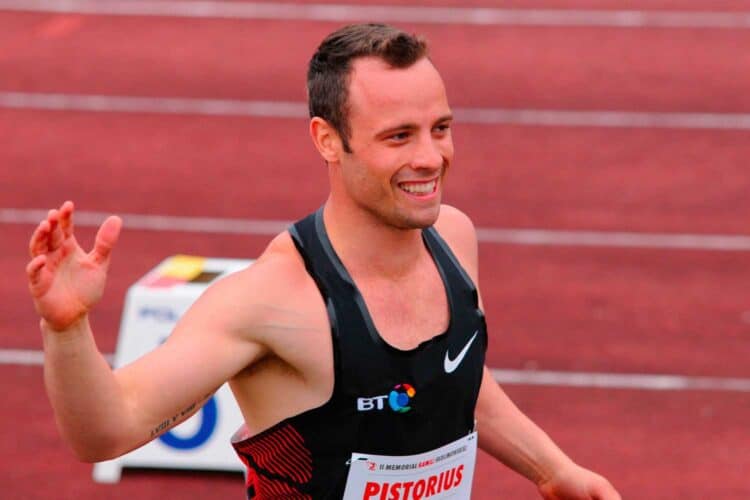Nearly 11 years after the fatal shooting of his girlfriend, Reeva Steenkamp, Paralympian Oscar Pistorius was released on parole, on Friday.
Oscar Pistorius is officially out on parole
The once-celebrated “Blade Runner” has served half of his 13-year sentence, a requirement under South African law for parole eligibility.
Pistorius, a double-amputee and former Olympic star, was at the zenith of his fame when the tragedy unfolded on Valentine’s Day 2013. He shot Steenkamp four times through a bathroom door.
Initially convicted of culpable homicide, akin to manslaughter, his conviction was later elevated to murder.
After a series of legal battles and appeals, his sentence was finalized at 13 years and five months in 2016.
A parole bid in March 2023 was denied on grounds of insufficient detention time, but a subsequent court ruling corrected this, leading to the recent parole decision.
The parole board’s assessment found Pistorius to have a “positive support system,” a crucial factor in their decision.
Reeva Steenkamp’s mother speaks out: Here’s what she said
However, the impact statement from June Steenkamp, Reeva’s mother, played a significant role in the deliberations.
June Steenkamp, while not directly opposing Pistorius’s release, expressed concerns about his rehabilitation, particularly regarding his temperament and behaviour towards women.
She questioned whether he had been adequately reformed to prevent future harm.
“Has there been justice for Reeva? Has Oscar served enough time? There can never be justice if your loved one is never coming back, and no amount of time served will bring Reeva back. We, who remain behind, are the ones serving a life sentence,” she wrote.
Despite her reservations, she was reportedly satisfied with Oscar Pistorius’s parole conditions, viewing them as an acknowledgement of her input.
“The conditions imposed by the parole board, which includes anger management courses and programs on gender-based violence, send out a clear message that gender based violence is taken seriously,” she added.
The parole conditions for Pistorius include mandatory anger management courses and restrictions on his movement within the Pretoria region.
Oscar Pistorius’s story is one marked by dramatic contrasts – from international athletic acclaim to a murder conviction.
His initial defence claimed a tragic mistake, believing Steenkamp to be an intruder. However, the prosecution painted a picture of a volatile relationship, culminating in a fatal argument.
Pistorius’s parole, confirmed by Correctional Services spokesperson Singabakho Nxumalo, comes with a set of standard conditions.
“He will be expected to be home at particular hours of the day. He may not consume alcohol and other prohibited substances. Participation in other programmes that would have been identified by the Correctional Supervision and Parole Board (CSPB) will also be compulsory for him,” Nxumalo elaborated.






